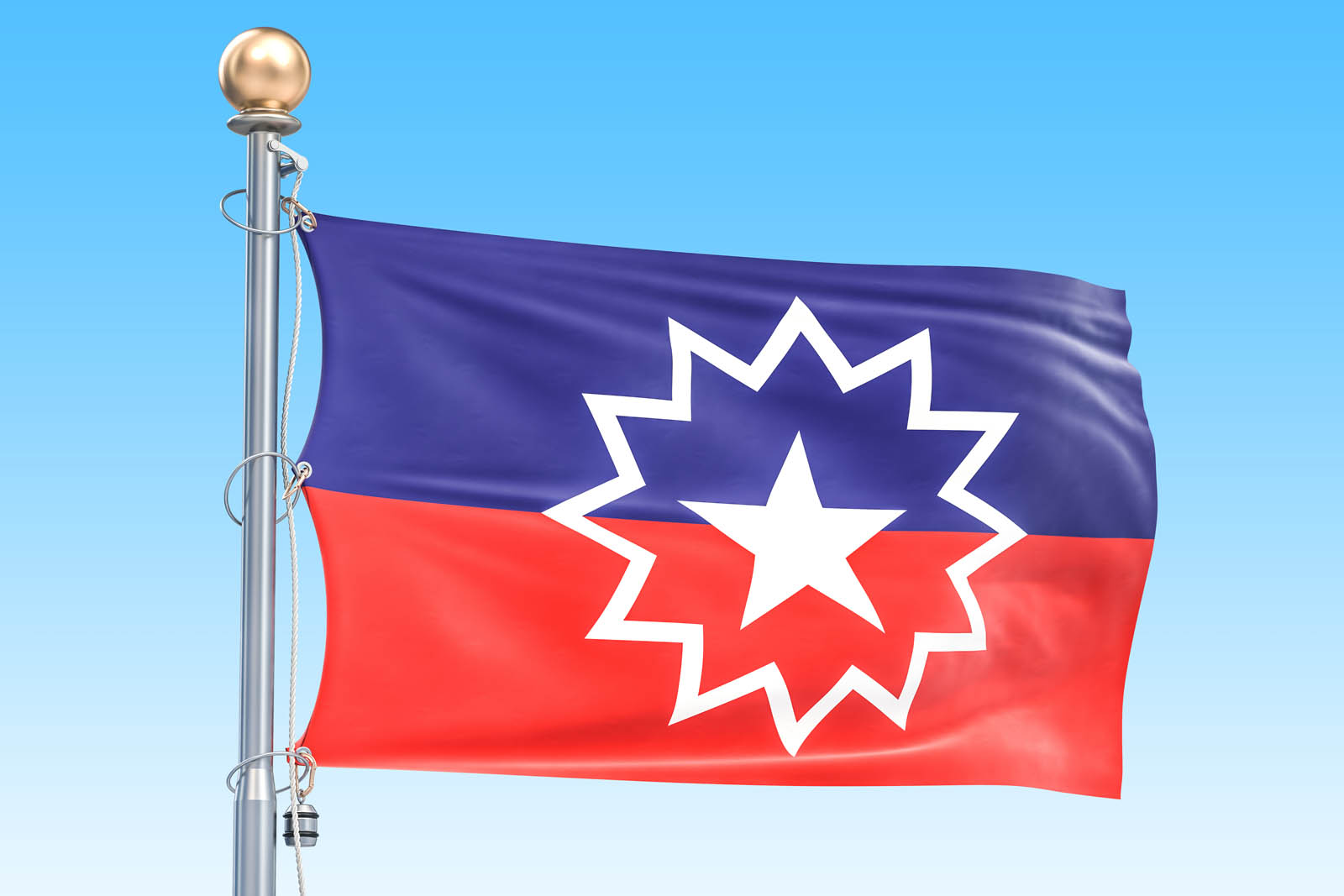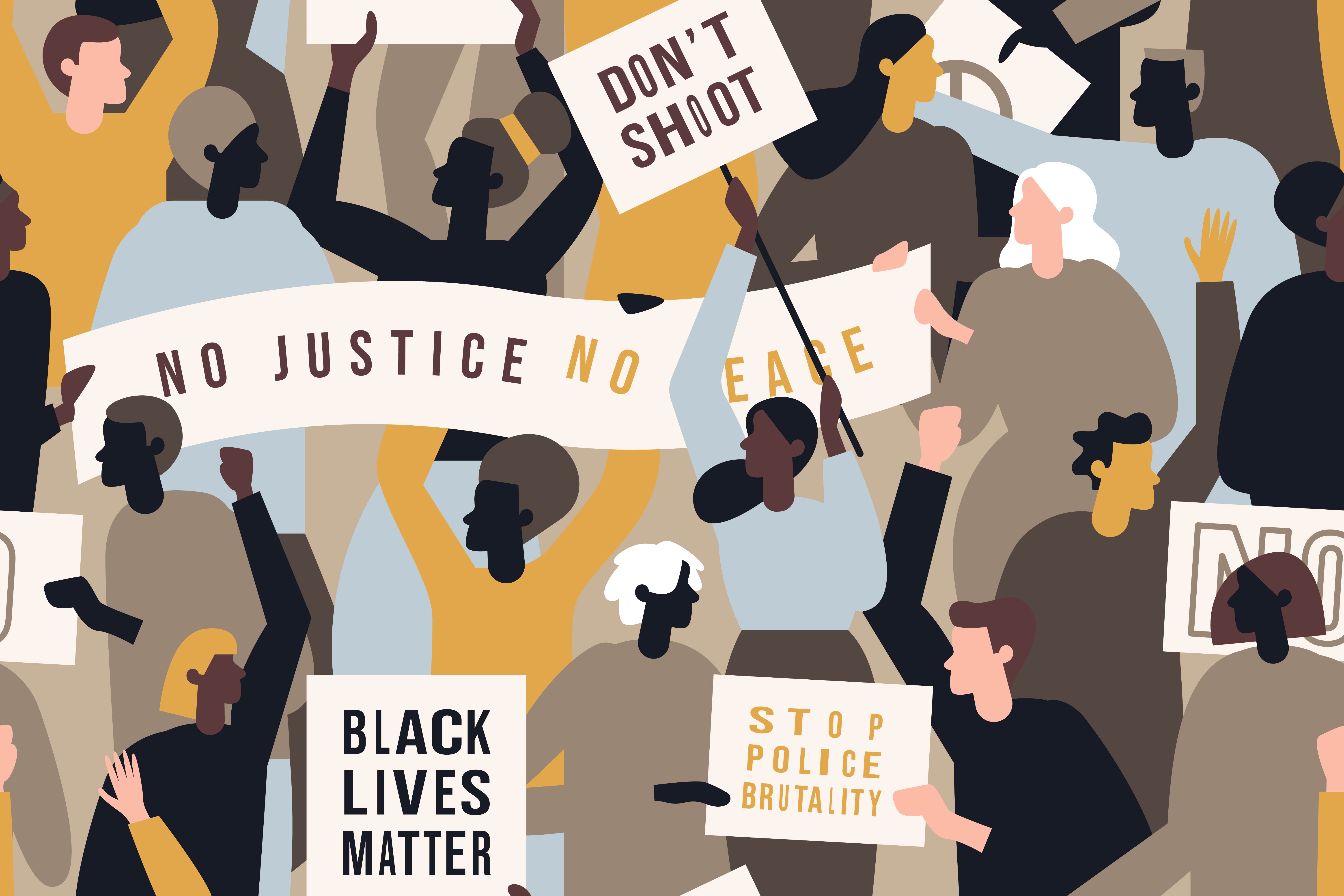
CultureBeat Celebrates Juneteenth, a Lesser Known African American Holiday
Filed Under: Black / African American, Multicultural
Ashleigh Williams
Senior Director, In-Person Qualitative Research
Annually in February, Black History Month is observed and celebrated for the achievements and history of African American people. Schools and brands alike pay homage during this month. But, what about the rest of the year? Can we truly celebrate the rich history of this culture in just one month? There has been ongoing criticism about black history – that it is American history as well and therefore should be celebrated year-round as there are other opportunities to celebrate this community.

One African American holiday that is gaining notoriety among the American population is Juneteenth, which is on its way to becoming a national holiday. What is Juneteenth, you might ask? American historian Henry Louis Gates explains, Juneteenth (a portmanteau of sorts of June and nineteenth) marks the day in 1865 when the Union Army’s Major General Gordon Granger landed in Galveston, Texas and declared that all slaves were free. The irony of this is that Granger’s announcement in Texas happened two years after Abraham Lincoln issued the Emancipation Proclamation. In fact, Lincoln’s freeing of the slaves was only on paper, there were several versions of the reasons why this happened – from the messenger being murdered on the way with the news, to the ongoing Civil War, to plantation owners withholding the news until after their harvest season was over.
Over the next few years, former slaves gathered to celebrate their freedom but couldn’t find space large enough for the yearly celebration. So in 1872, they pooled together $1,000 to buy ten acres of land for their Juneteenth celebration. They named the park Emancipation Park, which is in Houston, Texas. Juneteenth marked a turning point in the fight to free fellow humans from the bonds of slavery, and African Americans in Texas celebrated it as a day of freedom. During that time, they would dress up in new clothes to signify their freedom. Today, Juneteenth, also known as Emancipation Day and Freedom Day, is typically celebrated with cook-outs (barbecues), parades, festivals, and concerts.
Texas was the first state to recognize Juneteenth as a state holiday in 1980; since that time, many others have moved to do the same. This holiday has gained popularity in recent years, especially during the Obama Administration, where the holiday was observed and spotlighted in popular culture/media. In recent years, groups have been working to make Juneteenth a federal holiday. A few years ago, Apple included this holiday on the iCalendar on its devices; and the Whitney Plantation in Wallace, Louisiana was recently converted to tell the story of slavery from the slaves’ perspective (https://www.whitneyplantation.com/photo-gallery/). There are a number of articles of late written about this holiday, like the one from Mental Floss, 12 Things You Might Not Know About Juneteenth. If you are a TV buff, the ABC show Blackish did a great job of highlighting this holiday in a past episode – which featured a summary “School House Rock” cartoon as well. And if you work out at home, Peloton is coming out with a whole collection of workouts to celebrate the holiday.
The CultureBeat® team, here at C+R Research, recognizes the importance of cultural diversity while also encouraging everyone to join in celebrating those differences that make us all unique and important contributors to what keeps America a historically significant and interesting nation. Happy Juneteenth!
About the Juneteenth Flag: The Juneteenth Flag is a symbol that gives all Americans the opportunity to recognize American freedom & African American History. The Juneteenth Flag represents a star of Texas bursting with new freedom throughout the land, over a new horizon. … The Juneteenth Flag was created with American red, white, and blue colors.
explore featured
Case studies

